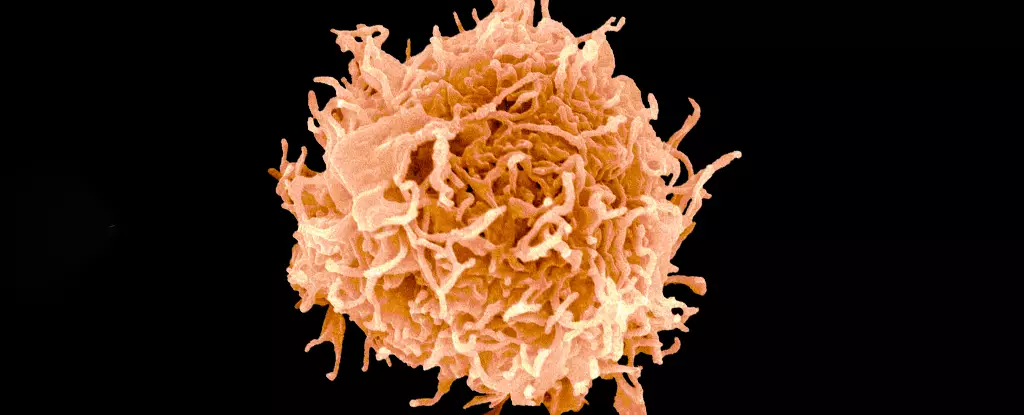

Recent data indicates that regular COVID-19 vaccinations may not only protect us against current infections but also strengthen our immune systems against future variants and related viruses. This is encouraging news, especially in the face of thousands of daily hospitalizations and the ongoing emergence of new variants.
When we receive initial vaccinations, our immune system produces antibodies to combat the invading virus. These antibodies are stored in memory B cells, which are responsible for swiftly recognizing and responding to the virus upon re-exposure. In the case of the flu, repeated vaccinations may overwhelm the immune system, hindering its ability to update the antibodies stored in memory B cells. This poses a challenge in mounting effective responses against evolving viral strains.
To investigate the immune response to COVID-19 vaccines, studies were conducted using a mouse model and human volunteers previously infected with SARS-CoV-2. Remarkably, researchers observed a strengthening of the immune system’s response to different virus variants across various vaccine combinations. Instead of antibodies specific to a single strain, the majority of antibodies reacted to multiple tested COVID-19 variants, including the original strain and omicron. Moreover, subsequent tests in mice showed that the antibody response could also combat SARS-CoV-1, indicating broad-spectrum activity.
While these findings are promising, questions regarding the longevity of antibody responses remain unanswered, as the research assessed immune responses only one month post-booster. Additionally, the study focused solely on mRNA vaccines, suggesting that results may vary with other vaccine types. Further human studies are needed to validate these findings more broadly, especially in pediatric populations.
Despite the remaining uncertainties, COVID-19 vaccines have undeniably played a crucial role in saving millions of lives and mitigating the risks associated with the virus. The study underscores the need for ongoing booster doses to maintain and potentially enhance immune responses against evolving variants. By staying vigilant with regular vaccinations, we may build a more robust defense against future pandemics caused by related coronaviruses.
In essence, the evolving landscape of COVID-19 highlights the importance of continuous research and vigilance in addressing emerging health threats. While the study offers promising insights into the potential benefits of regular COVID-19 vaccinations on our immune systems, further investigation is required to fully understand the long-term implications and broader applicability of these findings. As we navigate the uncertainties of the pandemic, maintaining a proactive approach to vaccination and public health measures remains essential in safeguarding global well-being.
In the realm of software development, the ability to swiftly and accurately address bugs is…
The realm of quantum computing and communication is not just an abstract dream anymore; it…
In a remarkable leap for the field of material science, a collaborative research initiative has…
Throughout Earth's vast history, our planet has endured five major mass extinction events that reshaped…
Rainfall is a vital element of our planet’s hydrological cycle, yet many aspects of its…
On a night when the universe aligns, a mesmerizing phenomenon awaits: the appearance of the…
This website uses cookies.